Does it matter when I start investing?
You're ready to invest. What is a good time to start?
Investors are often concerned about getting in at the wrong time. As a result, they often decide to do nothing. That sounds logical, with rising prices and the crisis in Ukraine in the back of your mind, but it is not smart in the long term.
The pressure - and the procrastination to start - because you want to 'time' the market is simply not worth it. Moreover, it is difficult to continue making purchases at exactly the right time year after year. If it succeeds, it is often more luck than wisdom. In the short term, it can have a major impact on your results. But in the long term, those differences fade. That's because time in the market is more important than timing the market.
How it works
Suppose you invest €1000 each year between 2001 and 2022 at the very worst moment of each year. Then your total investment is €20,000. Despite that bad timing, you still have €56,000 left at the end of 2021. Quite impressive.
For comparison. If you didn't look at the market and had invested the same amount at a random moment - for example, the end of the year - you would have ended up with €61,000.
So over a period of 21 years, your total result differs (only) €5,000. Even if you invested year after year at the peaks of the market. In the long term, time in the market makes the difference. Patience pays off for investors.
Vive
Next to the time in the market, the products you invest in (such as stocks and bonds) and the cost to invest have a big impact on your performance. Vive helps investors with the ideal products and approach. By creating a unique investment strategy and portfolio for everyone that has an optimal balance between risk and performance. So you invest diversified, globally in sustainable funds with low costs.
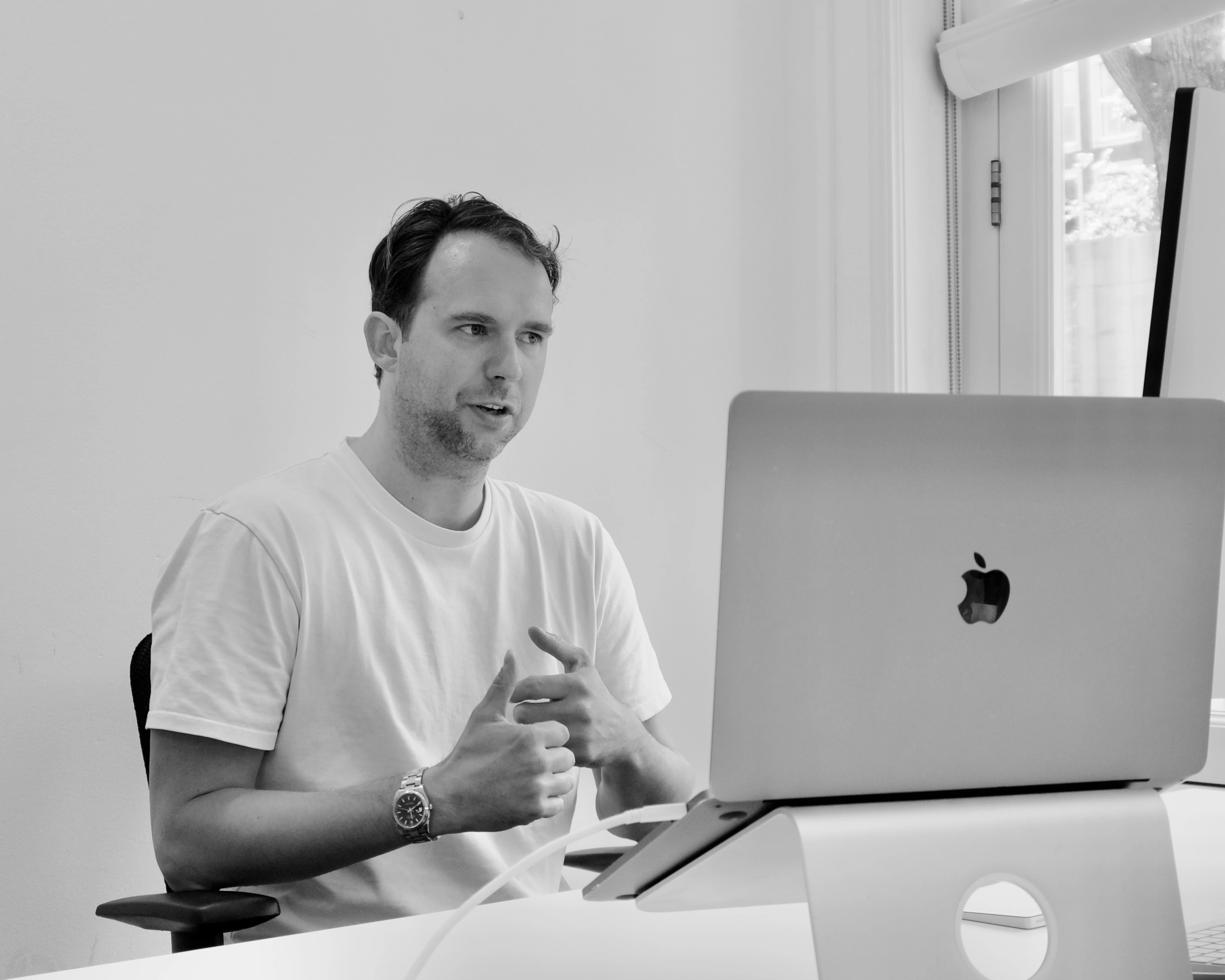
maak een afspraak
Klaar voor een moderne oplossing voor pensioen of vermogen? Maak vrijblijvend kennis met Vive en ontdek wat kan - voor jouw organisatie.
Complex pensioen, simpel uitgelegd - weet direct waar je staat
Persoonlijk gesprek voor jouw situatie en die van je werkenemers
In 30 minuten meer duidelijkheid dan uren googlen
Alle ruimte voor vragen aan onze ervaren pensioenexperts

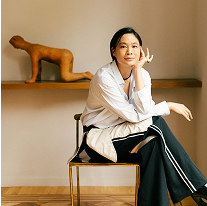

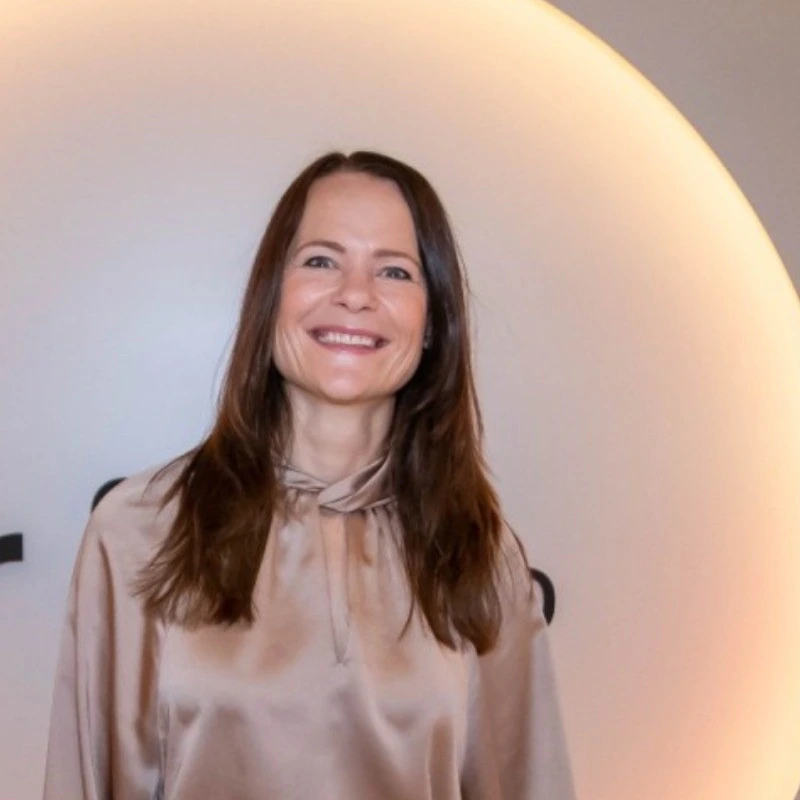

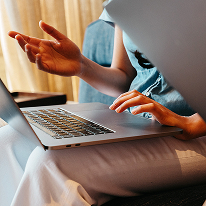


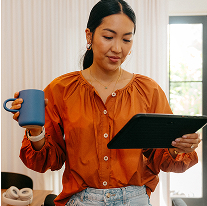
.jpeg)